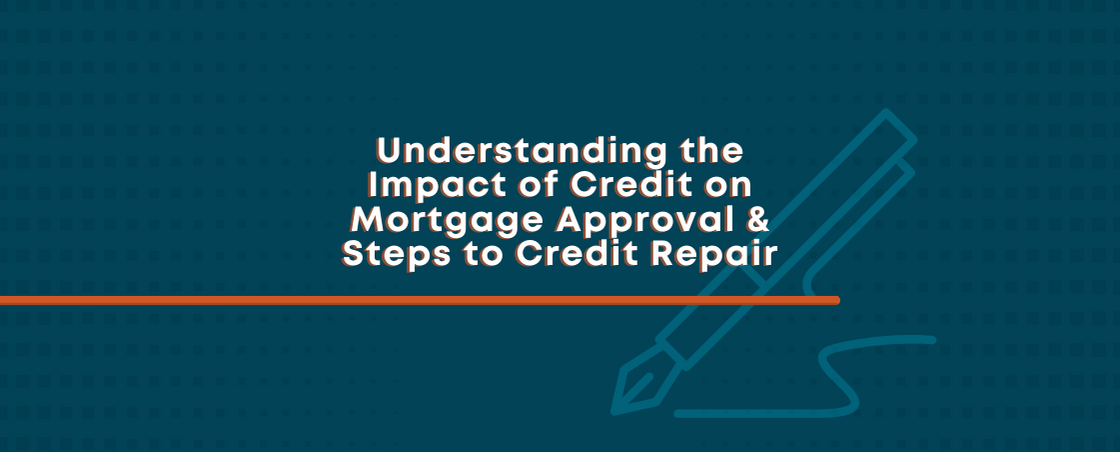In the journey to homeownership, one of the critical factors that can either open or close doors is your credit score. A strong credit profile can pave the way for favorable mortgage terms, while a less-than-stellar credit history may present challenges. However, there’s no need to be discouraged because we’re here to help you with your mortgage needs and questions.
The Role of Credit in Mortgage Approval
Credit Score Basics:
Your credit score is a numerical representation of your creditworthiness. Lenders use this score, often ranging from 300 to 850, to assess the risk associated with lending you money.
Impact on Interest Rates:
A higher credit score generally results in lower interest rates. Conversely, a lower score may lead to higher interest rates, potentially costing you thousands of dollars over the life of your mortgage.
Determining Eligibility:
Lenders use credit scores to evaluate your eligibility for a mortgage. While various loan programs are available, many have minimum credit score requirements.
Steps to Credit Repair
Check Your Credit Report:
Obtain copies of your credit reports from the major credit bureaus (Equifax, Experian, and TransUnion) and review them for inaccuracies, such as incorrect account information or late payments.
Understand Your Credit Utilization:
Credit card balances, compared to credit limits, impact your credit score. Aim to keep your credit utilization below 30% to influence your score positively.
Pay Your Bills on Time:
Consistent, on-time payments are crucial for a healthy credit history. To avoid late fees, set up reminders or automatic payments.
Address Outstanding Debts:
Tackle high-interest debts first and work towards paying them off. This not only improves your credit utilization but also demonstrates responsible financial behavior.
Avoid Opening New Credit Accounts:
Opening new credit accounts can temporarily lower your credit score. Minimize the number of new accounts, especially before applying for a mortgage.
Consider Professional Assistance:
Credit counseling services and reputable credit repair companies can provide guidance on improving your credit. Please be careful of scams and research thoroughly before you begin any service.
Use Secured Credit Cards:
Secured credit cards can be helpful if your credit history is limited or damaged. These cards require a security deposit but can help rebuild credit when used responsibly.
Be Patient and Persistent:
Credit repair is a gradual process. Be patient and persistent in your efforts to improve your credit score. Celebrate small victories along the way.
As you embark on the exciting journey of homeownership, understanding the impact of credit on mortgage approval is crucial. By taking proactive steps to repair and enhance your credit, you increase your chances of mortgage approval and secure better terms that can save you money in the long run. Remember, the path to improved credit may take time, but the rewards of owning your dream home are well worth the effort.
|
Andy Schoemehl | Vice President |


